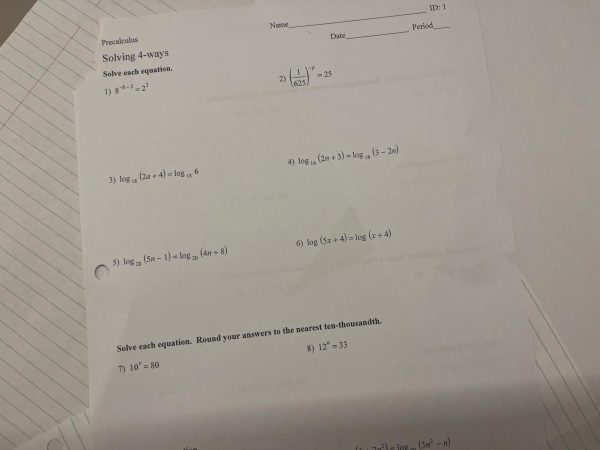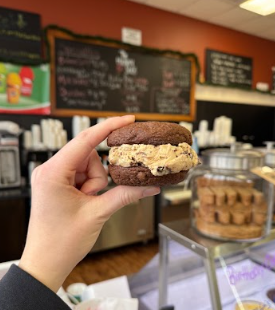Caffeine in Teens
In moderation, caffeine provides benefits for high school and college students. People ages 14-17 should limit their daily caffeine intake to 100mg, which is around one cup of coffee, two cups of tea, or three cans of soda. If this limit is not exceeded, caffeine has many perks. The most common effect of caffeine in students is alertness. It helps students be active participants at school or have more energy for sports. Many people drink caffeine and feel an elevation in their mood. It stimulates the central nervous system which increases cognitive functions, meaning your mental abilities. This can improve a student’s thinking, learning, reasoning, and decision-making. According to researchers at John Hopkins University, caffeine can also improve your memory. A Healthline article claimed that it can “lower your risk of several conditions, such as type 2 diabetes, cancer, Alzheimer’s and Parkinson’s disease.”

The key component to this is moderation. The student must know their limits on how much caffeine they should consume. When a student’s caffeine intake is over 100mg, they are more likely to experience negative side effects. Researchers have discovered that drinking too much can cause teens and children to have withdrawal symptoms. This can include headaches, fatigue, irritability, and trouble concentrating. College students use an average of 800 mg a day, which is around double the amount recommended for their age group. These extreme amounts are associated with anxiety for students with a generalized anxiety disorder. M.D. Catherine Miller stated, “With high levels of ingestion, it can lead to dangerous abnormal heart rhythms or lead to neurological symptoms of hallucinations or seizures.” Everyone reacts differently, so each individual needs to figure out what works for them. Studies back up the fact that small doses of caffeine provide many benefits.
Summer McLean, Grade 12. Interests/hobbies include field hockey, track and field, skiing, NHS, dance, and hanging out with friends.




